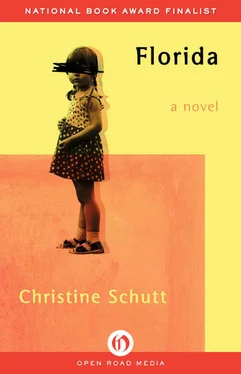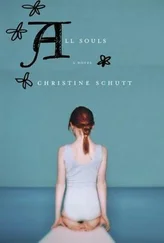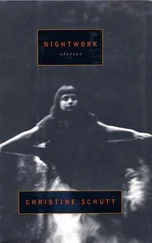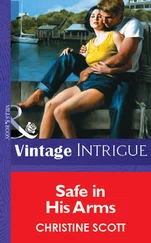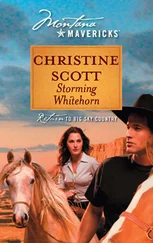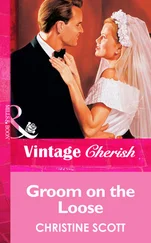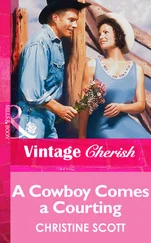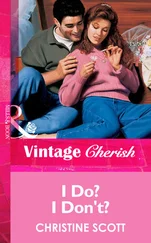Mother said, “Suicide is Uncle Billy’s story — not mine.”
My father was meant to be on business; a briefcase was found in his car. A briefcase — certainly his — was found open, stuck between the seats, its paper contents in the current, its clasp a flash. She didn’t know how anything looked; she only imagined the car under water and Father’s body, still belted, knocking against the steering wheel in easy, constant motion.
Count the dead, a pile-up in months! A mound, a death mound, the kind Aunt Frances had pointed out when I was a child, and Arthur was driving us to town. Arthur, always obliging and patient, how kind he was to me; he only ever wanted to help me with my math; Arthur only wanted me to try the word problems.
“But not now,” I said to Arthur. “Don’t ask me to do that now.”
I wanted to drive past our house, the first house, mine and my mother’s and father’s. I wanted to dream over it, and, like my mother, see ghosts.
“But we don’t have the time,” and so we came back from town with stapled bags of pills for Nonna. We came back with soggy packages, me calling out to Nonna as I took myself upstairs, “Guess what Mother sent this time!”
Bits of cloth and cowries.
In California, Mother asked me, “What did you do with what I used to send you? Did you wear it?”
In Mother’s stories of those times when we were apart, she was on the beach; she was sad in these stories but brave. She was sick, yet she had checked herself out of that slumberous place where her eyes were always greasy. She had checked herself out of the San — her name — and had left with the fat man, the one she loved best. Two crazies! Mother was thousands of miles away from me — and in love, too, with her fat man — yet she sometimes had to work at being happy. On the holidays she pretended it was any day at all — nothing special — just another island day, a high-July color, unadulterated blues and reds. “I wanted snow!” Mother said, but she pretended she was in the middle of an ordinary, midsummer, gorgeous day, not Christmas. She pretended she didn’t miss me; and besides, she was in love at the time. She was in love in a new way, loving the fat man’s imperfections, the damp white excesses of him — wheezy body parts, bad teeth, bulgy eyes in fervid glaze when he saw her. Close to tears, crying often, the fat man was real, not something she had made up. She could love him, and she did!
But I had heard enough. “Tell me something else!”
In California, Mother made up a new past I didn’t always know about. Once, mucking avocados for a California dip, a woman asked, “Do you have any of your father’s sculpture?”
“I sold it all,” I said, thinking quickly.
The guest said, “You’re sorry, I bet.”
I was sorry he never had been a sculptor, never had been an occupation a person could give details to. My father had worn a suit and dressed for a place I never did see; he swung a briefcase that was ruined with him. As someone once said — maybe even my father—“A man sounds like money when he makes money.” Did his pockets chink? Did he carry more than pencils in his briefcase?
“We could always use more money,” Mother said.
To the terrible Walters, to all of the boyfriends, we had both of us said, “We could use it!”
“You can always find things to sell,” Mother counseled.
“I have,” I told her, but I didn’t always confess what of hers I had sold. No, I didn’t want to tell her what I owed the dead man Walter, and I tried not to use any names that might hurt her. The woman, the one who said she had always been my mother no matter how far away she had lived, was sicker every summer, it was clear — more and more time, she spent in bed. I began to confuse her with Norma.
“Mother?” I asked, standing near to where she slept.
Little governess, light as cinder in a black stuff dress, she is tenacious of life and wants vision and practical experience and wider company. In another century she would not marry but would write. Jane would write — not Mr. R. Mr. Rochester is only confessionally garrulous, but Jane, Jane Eyre is a talker of such succinct or impassioned, memorable speech as in, how to avoid the burning pit of hell? “I must keep in good health, and not die.”
My mother was once a talker. She named us all — cars and children. Then one summer she began to stammer. Living indoors in California, sleeping through the afternoon, she woke making thick and broken utterance. She could start a sentence but found it hard to finish. The next summer — worse — she couldn’t begin. She had to be prodded.
“Mother? Mother? What do you want?”
Then, when she was dumb in this way, I was cruel. I told it to her face: I gave her a fuller inventory than ever I had before of what of hers was gone. Why did I tell her except that I did. The handkerchief table, the silver tea service. And California — when I looked up from the packing list, I saw that California, too, was disappearing. The soiled carpet underfoot was dank, and only the cats got fed. We ate stale chips for dinner.
“Who’s driving to Vons for salsa?” I asked, but we stayed at home and went out less and less.
I said, “I’m nearly almost always broke myself.”
Mother asserted, “We’re in for it now, believe me. …”
One summer we stayed whole days indoors and watched the light move frantically between the slats of the shuttered windows. I lay in bed and wondered what had happened to Mother’s wand. Her bedside drawer — I had looked — was empty. I thought about buying gel for myself, but more and more, like Mother, I slept. I slept until she woke and called out, “Look …”
Nothing, junk — but we watched it. I got in bed with Mother and watched in the dark. Later, staring at me — me going downstairs for water — she said, “Why don’t you take better care?”
Another time she said, “I’m sorry you’re lonely.”
But something about her voice, the way she spoke, made me think she wasn’t sorry at all, and I hated her, and I said, “I wish getting old didn’t mean growing ugly.”
We had this in common: The men we had loved, and even some of those we hadn’t, all were dead.
“All this to have happened already, and you’re so young!” she said to me. “Really.”
In California, I closed off, avoided, walked past rooms, living mostly in the bedroom and talking about what I would do if only I had money. I would travel!
Mother said, “Oh … have one of your funny cigarettes.”
Mother scratching my back felt good, too, then, and sometimes Mother would go on scratching until her hand made a jerked motion, and she began to snore — most times lightly.
I let the TV flicker. I killed the sound. I rolled something small to sleep by.
“WHAT DO YOU THINK,” is Dr. O’s answer.
I think if I could only stay awake and concentrate on a soothing hobby all would be well.
I WAS HOPING FOR the discovery of a rich uncle from Madeira.
I was waiting for the will to be read.
The years clacked past: Father, Nonna, Arthur, Mr. Early, and Walter, of course — the terrible Walter! my own, too full of toxins, still terrible — dead. The Walter-years, those years … made me sleepy, and the lawyer’s secretary brought me water because I could not stay awake.
His lawyer asked, “Is this your signature,” and I had to say it was, which meant I owed — for damages, for something — I had signed in front of Walter.
His lawyer said, “You can pay back slowly.”
“But the months go by so fast!”
The yellow fall was almost past, and I was thirty.
Читать дальше
